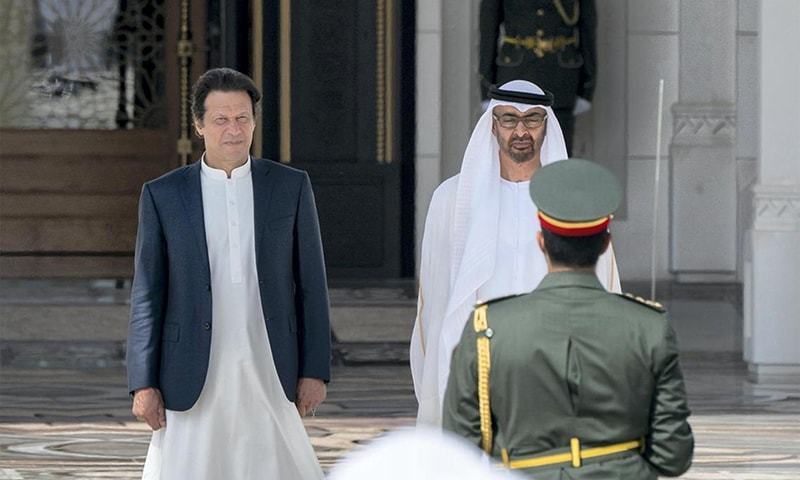Islamabad: Pakistan and the United Arab Emirates (UAE) have finalised a $6.2 billion support package to help Islamabad address its balance of payments challenge, the media reported Saturday.
The package involves $3.2 billion worth of oil supplies on deferred payment, besides a $3 billion cash deposit. It is expected to be announced by Crown Prince Sheikh Mohammed bin Zayed Al Nahyan during his visit to the country starting Sunday, Dawn reported.
According to a government official, the package was finalised Thursday evening and was similar to that given by Saudi Arabia.
With this, Pakistan would get a total saving of about $7.9 billion on oil and gas imports from the two countries, accounting for more than 60 per cent of annual oil import bill of about $12-13 billion, he said.
This included about $3.2 billion each of oil supplies on deferred payments from the UAE and Saudi Arabia and about $1.5 billion trade finance from the International Islamic Trade Finance Corporation (ITFC).
The total financing support from the UAE and Saudi Arabia, including the ITFC’s trade finance, would be around $14 billion when cash deposits of $3 billion each from the two countries were also included, the official said.
This is in addition to a deep-conversion oil refinery to be set up by Parco — a joint venture of Pakistan and Abu Dhabi — worth $5-6 billion and an expected petro-chemical complex by Saudi Arabia.
The government also started backchannel discussions with Qatar for some relief in terms of reduction in LNG prices or a relaxed payment schedule, but that was at an early stage, the daily said.
Pakistan has already received $2 billion in cash deposit from Saudi Arabia at an interest rate of 3.18 per cent while the third tranche of $1 billion was due in the first week of February. The Saudi oil facility would also start rolling out this month with an average $274 million per month.
The daily said that with support from Qatar, Pakistan was expecting about $9 billion cushion in total oil and gas import bill.
IANS
